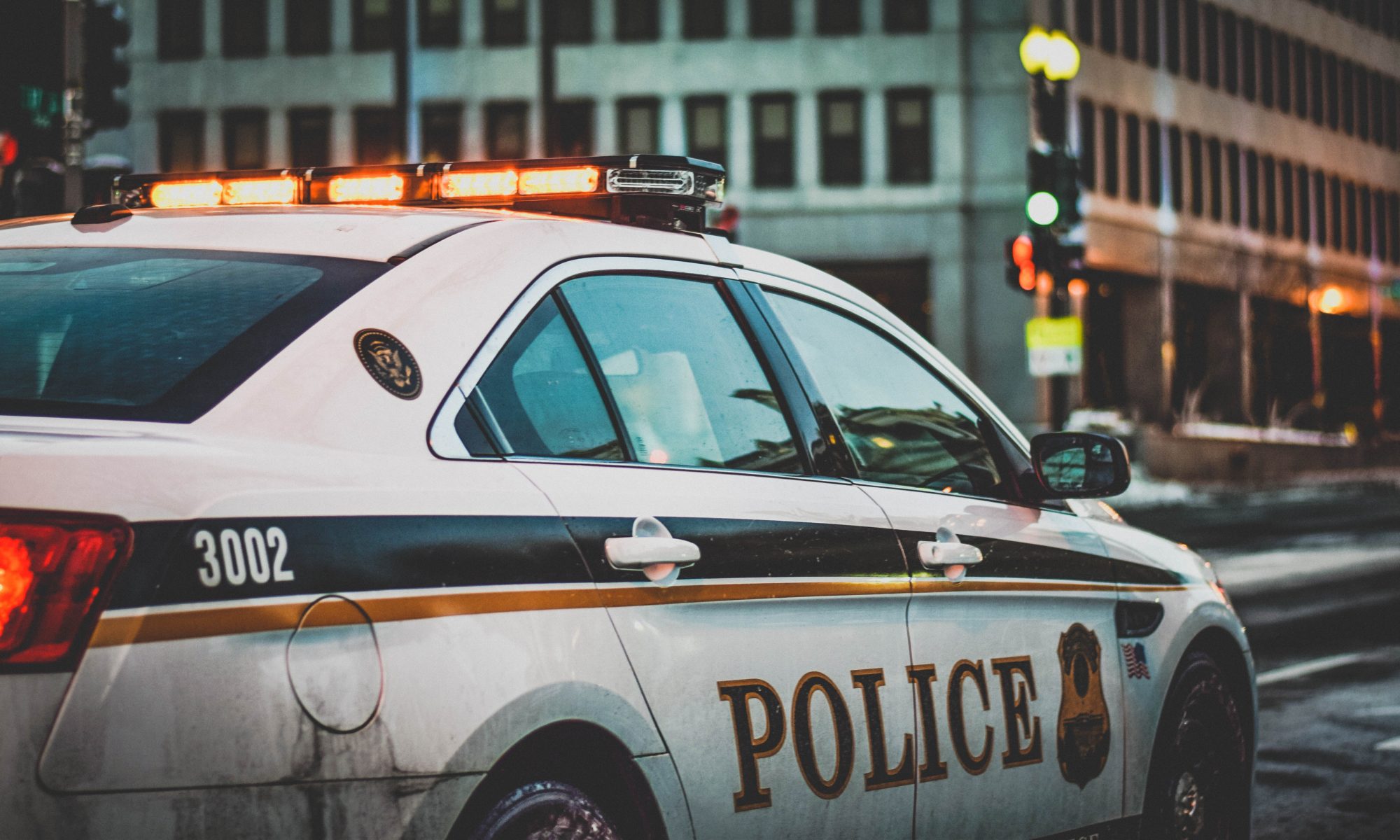Editor Update: The publication of this blog coincides with the tragic event in Parkland, Florida. While police officers receive formal training in crisis response, it is important for each of us to build our skills for engaging in meaningful conversations with neighbors, friends, and our children. Take a moment to watch this interview with Family Service’s Karen Pillis for advice.
“I don’t think there was a single person that didn’t love them and cherish them for their involvement in the different causes.” Bill Shultz on his child, Scout Schultz.
In September 2017, a young college student was shot and killed by officers at Georgia Tech after they responded to a call about a man wielding a knife.
The call was made by a young student named Scout Shult, and Scout was also the person wielding a knife. Scout had left not one, not two, but three suicide notes behind in a dorm room. The 21-year-old had a documented history of diagnosed mental illness. Scout suffered from anxiety and depression, and has spent time in counseling after attempting suicide by hanging in the past. Despite that, Scout was active at Georgia Tech including leading the university’s Pride Alliance.
During the aftermath of his death, one question continued to circle in the news media and subsequent investigations – were the officers trained in Crisis Intervention?
According to the Washington Post, mental illness remains a major factor in fatal police shootings. An analysis from the Post found that at least one-fourth of all fatal police-involved shootings included a person of interest who suffered from a mental health condition that was misidentified or mishandled.
Here in the Roanoke Valley this Education is in Effect
Across the country there are calls for officers to have more training to learn best practices to interact with community members in the mists of mental health crisis.
Since 2001, the Roanoke Valley has engaged in training its law enforcement officers with an early diversion program, Crisis Intervention Team (CIT) Training.

CIT is a model that was developed in Memphis, Tennessee in 1988 after a tragic death of a community member with mental health concerns during a police interaction. The CIT model, which reduces arrests, diverts individuals from the justice system, and increases public safety is found in localities across the Commonwealth of Virginia as well as nationwide. The 40-hour intensive training works to equip police and public safety personnel to recognize signs of a psychiatric crisis, and de-escalate these situations with respect for the individual’s rights and dignity and concern for public safety.
At Georgia Tech during the time of Scout Shultz’s death only 22 of 89 officers had received CIT training, yet here in our community both Roanoke City and Roanoke County’s police departments are tirelessly working towards the goal of having 100% of all officers being CIT trained.
Additionally, our police and sheriff’s departments in Roanoke City, Salem City, the Town of Vinton, Botetourt County, and Roanoke County are actively working to train offers through the Roanoke Valley CIT program.
The Commonwealth of Virginia is also committed to this program and fosters and supports CIT programs across the state.
Patrick Halpern, President of the Virginia CIT Board of Directors states,
“The Commonwealth of Virginia has experienced remarkable success with the development and expansion of CIT programs. Over the past 15 years, Virginia has become recognized as a national leader in the development and support of CIT programs. The Virginia Departments of Behavioral Health and Developmental Services and Criminal Justice Services, along with the Commonwealth’s General Assembly, have been immensely supportive CIT across Virginia. Without this strong support, Virginia CIT would not have the success that it experiences today.”
Ashley Reynolds Marshall is the Executive Director of Mental Health America of Roanoke Valley, an organization we are glad to be partners with in the fight to help heal invisible wounds. Mental Health America of Roanoke Valley is proud to be a part of the Roanoke CIT coalition as co-coordinators, and are proud to represent Roanoke CIT as a member of the Virginia CIT Board of Directors.


